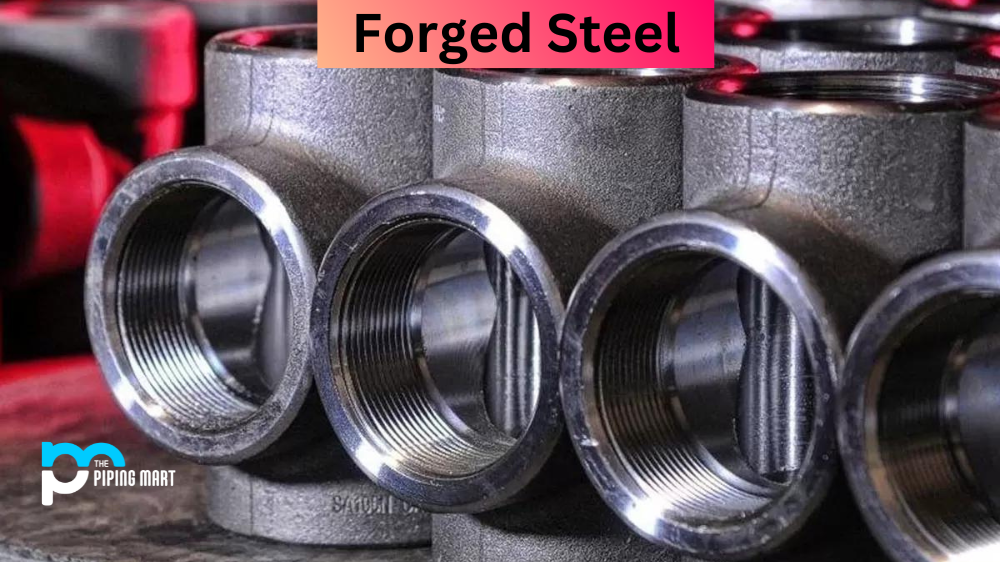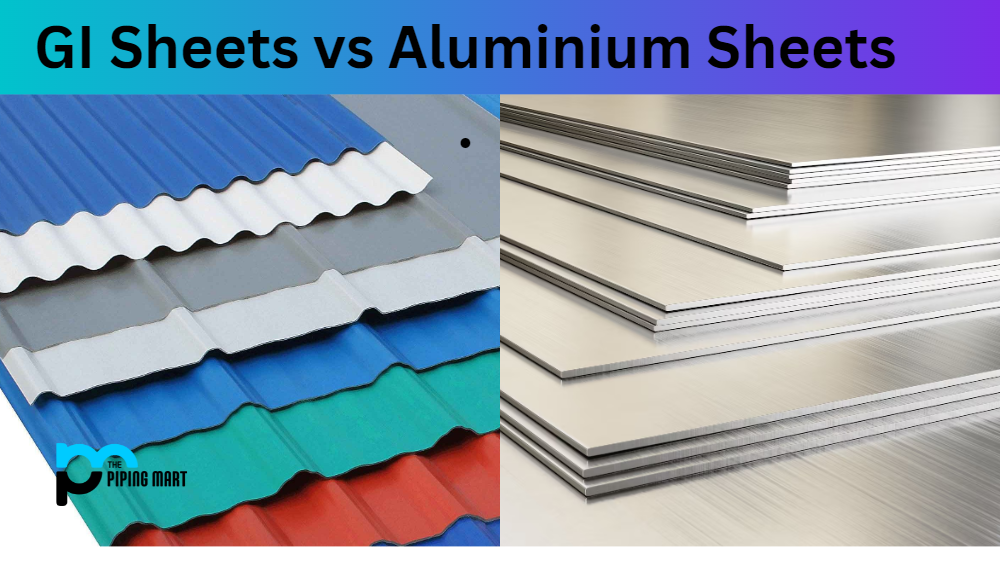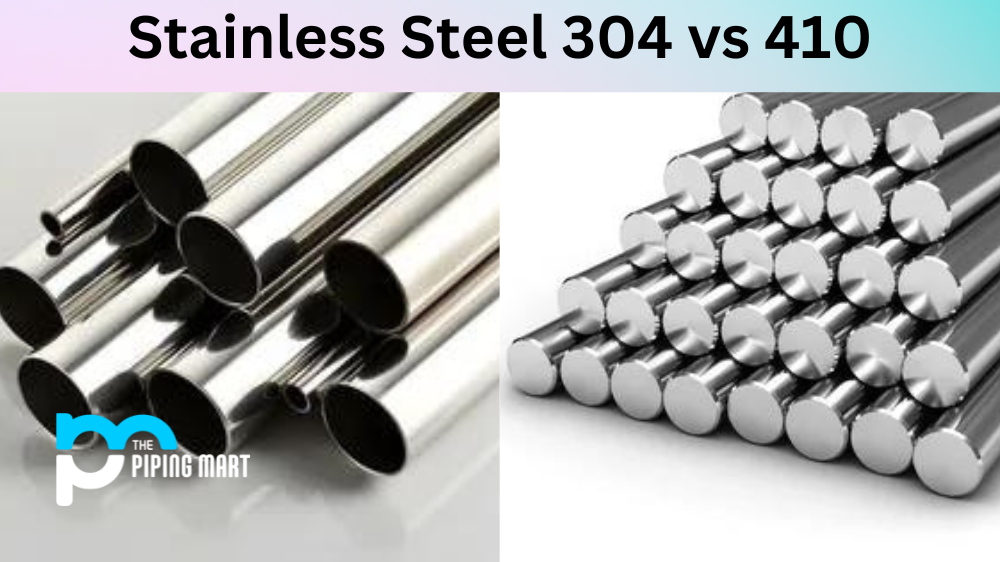What is forged steel?
Forged steel is a versatile material with durable properties and a wide range of uses. It is created through a process called forging, where steel is heated to extreme temperatures before it is formed into its desired shape. It is stronger than traditional steel, making it an ideal choice for many applications in industries such as automotive and aerospace. Let’s take a closer look at the composition, characteristics, and uses of forged steel.
Forged Steel Composition
Forged steel typically consists of iron, carbon, manganese, silicon, chromium and molybdenum. Alloys may be added to create customized properties that are suitable for specific applications. Depending on the intended use, the composition can vary greatly from one forged steel product to another. Some examples include low-alloy steels, which are used in automotive parts; high-alloy steels, which are used in aerospace components; stainless steels, which are corrosion-resistant; and tool steels, which are highly wear-resistant.
Forged Steel Characteristics
The unique forging process gives forged steel some distinct advantages over other types of steel. It has higher strength due to its grain structure being aligned along the lines of force applied during the forging process. This makes it more durable than traditional steel because it can withstand greater impacts without breaking or cracking. Additionally, forged steel has a smoother finish than casted or machined products because there aren’t any sharp edges or burrs that need to be smoothed out later on.
Forged Steel Uses
Due to its strength and durability, forged steel is widely used across various industries, including automotive, aerospace and construction. In the automotive industry, it is used to make engine components such as crankshafts and pistons; in the aerospace industry, it is used to make turbine blades; while in the construction industry, it is used for heavy machinery parts like bulldozer blades and excavator buckets. Other common uses include hand tools such as wrenches and hammers; firearm components such as barrels and receivers; industrial valves; pipes; fasteners; mining equipment; and sporting goods like golf clubs and archery bows.
Conclusion:
Forged steel has long been prized by manufacturers due to its strength and versatility. Its ability to withstand higher forces makes it an ideal choice for applications ranging from auto parts to aerospace components. By understanding the composition, characteristics, and uses of this material, you can determine if forged steel would be the right fit for your next project! Whether you’re looking for a durable part for an automobile engine or something that can stand up against harsh conditions in an industrial setting – forged steel may be just what you need!

Pipingmart is a B2B portal that specializes in metal, industrial and piping items. Additionally, we share the latest information and information about materials, products and various types of grades to assist businesses that are involved in this business.




